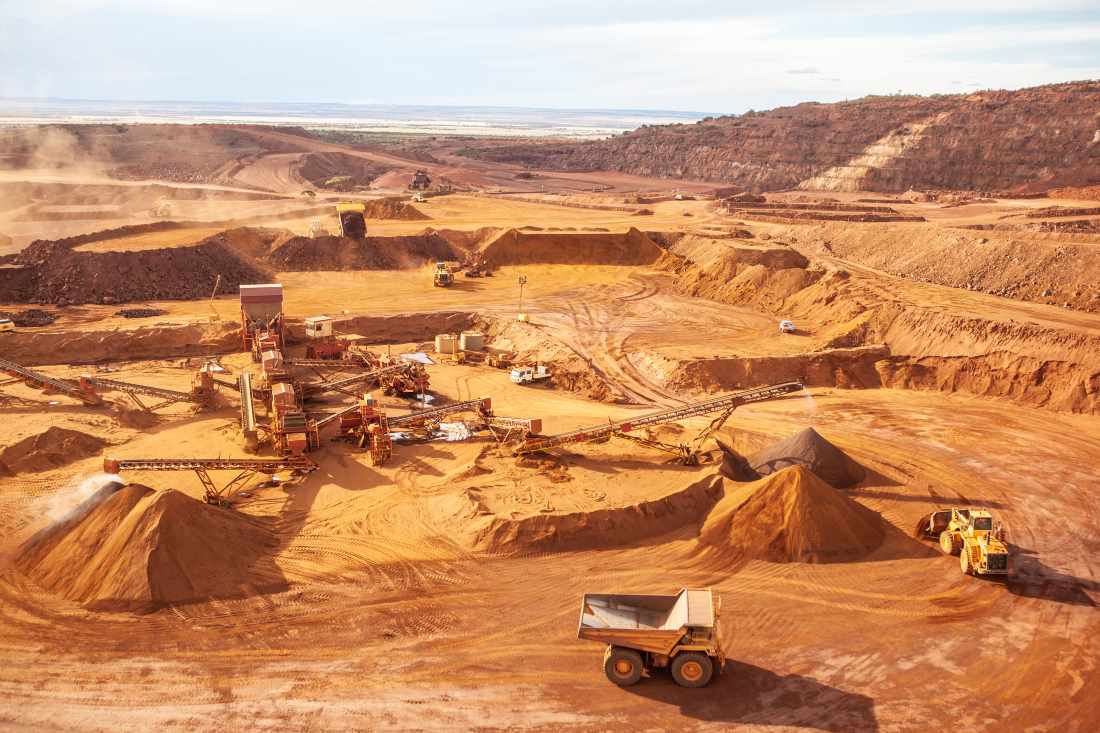
Rio Tinto will establish a dedicated battery lab in Melbourne to better understand the booming battery metals market. While not aiming to become a battery manufacturer, per se, Rio will develop its battery technology to help research and provide tailored solutions to industry players.
Once the Bundoora lab is completed in November this year, the company hopes to make many important discoveries in the fast-growing clean energy sector. There is wide speculation that while the English miner is a significant source of Iron Ore, copper and Aluminium, it has ambitions to enter the lithium market shortly.
Lithium, or Li, is a core component in EV batteries, a technology at the centre of Rio’s future growth plans.
With an Li project in Argentina and plans to develop Europe’s largest lithium mine in Serbia, the resource giant is also looking at multiple acquisition opportunities.
According to the chief executive of Minerals, Sinead Kaufman, “The laboratory will deepen Rio’s skills and expertise and ultimately enhance our customer proposition. At this lab, we will build our own batteries, allowing us to test how our minerals and other products will perform in real-world applications, such as in electric vehicle batteries,” she added.
WA has followed on from a recent Memorandum of Understanding (MoU) to cement a formal Plan of Action with Indonesia concerning the critical minerals supply chain. WA’s new Premier Roger Cook signed the Plan alongside Indonesia’s Chamber of Commerce and Industry (KADIN) during President Joko Widodo’s recent visit to Australia.
In turn, giving extra focus to the rising demand for critical minerals and up-scaling battery supply as the world hurries towards net zero carbon.
Key points at a glance:
The State accounts for over half of global lithium production, alongside major exports of nickel, cobalt, manganese and rare earth elements. In parallel, critical minerals processing and other value-adding industries are also rapidly emerging.
“Working with Indonesia, an important trading partner and our closest neighbour, to explore partnerships, share information, knowledge and strategies and facilitate business links will fuel our mutual economic growth and green ambitions,” Mr Cook said.
BHP is nearing a decision on a massive temporary workers’ camp to be located outside the Kalgoorlie township.
The company is exploring realistic accommodation options in the planning phase for a large-scale overhaul of its Nickel Smelter, which will require around 2000 extra workers during its peak. Residential property rents in ‘Kal’ have spiked recently with a rise in FIFO workers entering the town as it struggles to handle a raft of big projects.
BHP’s Nickle smelter is a crucial element of the electric vehicle supply chain and supplies global behemoths like Tesla, Toyota and the Ford Motor Company. BHP’s Kalgoorlie general manager Jacinta Parsons said the camp would ease the impact on stressed accommodation providers. “This workforce accommodation is temporary, and our intention is to demobilise that 1,000-bed village following the completion of the major project within three years,” she said.
Dust suppression is a critical issue in the world of mining and resources.
Learn more about GRT’s industry-leading and IoT-connected SMART Dosing Units, and discover how we’re driving better dust suppression solutions for all!
Your feedback is important to us.
If you enjoyed reading this Global Road Technology industry update and found it informative, please let us know by leaving a REVIEW.
Are environmental regulations, health and safety concerns or potential profit loss a concern right now?
Contact Us Now